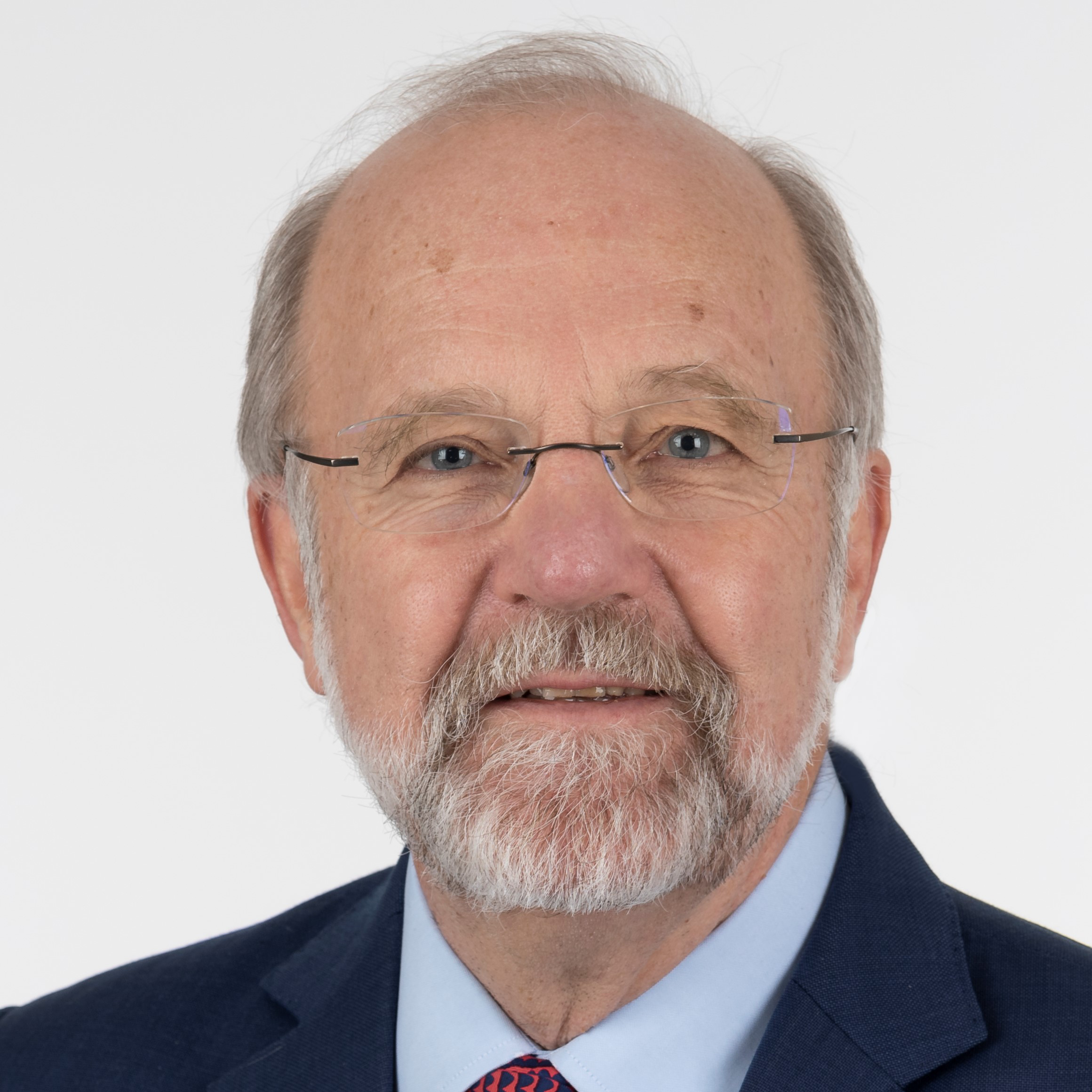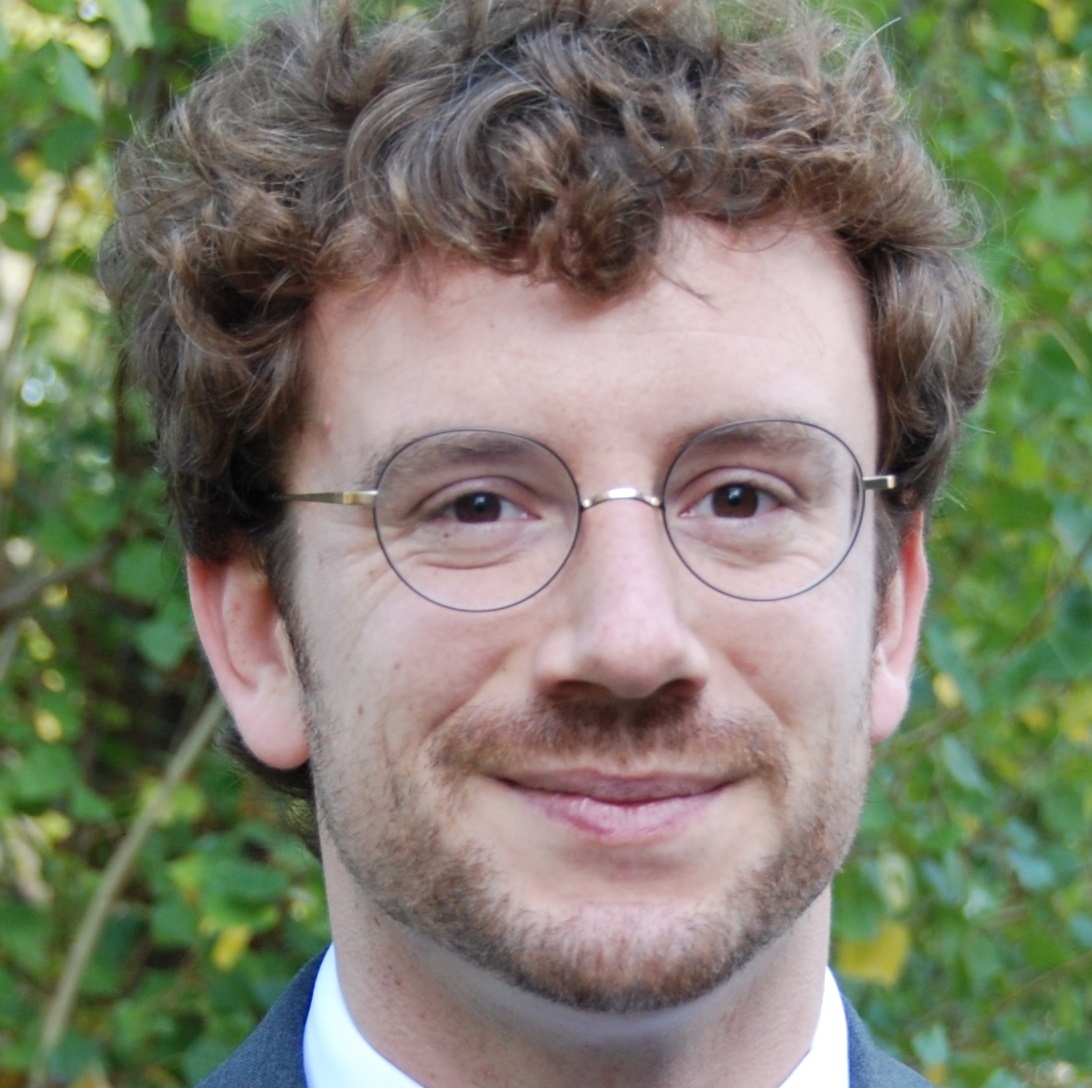 Finn Tarp | Chair
Finn Tarp | Chair
Professor Tarp is a leading international expert on issues of development strategy and foreign aid, with an interest in poverty, income distribution and growth, micro- and macroeconomic policy and modeling, agricultural sector policy and planning, household and enterprise development, and economic adjustment and reform as well as climate change, sustainability and natural resources. He is the former Director of UNU-WIDER from 2009 to 2018 and is also Professor of Development Economics at the University of Copenhagen.
 Kasper Brandt | Presenter
Kasper Brandt | Presenter
Kasper Brandt is working as a lead economist at the think tank Kraka Advisory.
He is a former postdoc at University of Copenhagen, working on issues related to illicit financial flows in the Global South.
He holds a PhD from University of Copenhagen, working primarily on education economics in Africa.
 Jakob Miethe | Presenter
Jakob Miethe | Presenter
Jakob Miethe is an Assistant Professor at the department of economics of the University of Munich (LMU). His research is focused on international capital flows and offshore finance. He analyzes developments in the financial sector of tax havens including international real estate investments, their role in internal capital markets of multinational enterprises, and the facilitation of international tax noncompliance.
 Irma Dominika Langenmayr | Presenter
Irma Dominika Langenmayr | Presenter
Dominika Langenmayr is a professor of economics, esp. public finance, at the Catholic University of Eichstätt-Ingolstadt in southern Germany and a CESifo research fellow. She is also part of the Doctoral Program in International Business Taxation at WU Vienna.
Dominika is a member of the scientific advisory board of the German Ministry of Finance. Her research evolves around different aspects of taxation, especially its international aspects, such as tax havens or the taxation of multinational firms.
 John Rand | Presenter
John Rand | Presenter
John Rand does applied development economics and cross/interdisciplinary research, concentrating especially on the interplay between the social sciences and the natural sciences. He works mainly with large-scale administrative data to improve our understanding of the mechanisms and networks driving knowledge spillovers in society.
He takes pride in doing applied research that engage actively in the ongoing policy debate, and continuously serves as consultant for various international organizations on matters related to international development.
 Mick Keen | Discussant
Mick Keen | Discussant
Michael Keen was formerly Deputy Director of the Fiscal Affairs Department at the International Monetary Fund, where for over twenty years he played a central role in shaping and delivering IMF policies and advice on tax matters. He has advised finance ministries in all parts of the world, including missions to over forty countries, and led the preparation of influential papers for the G20 and the Executive Board of the IMF. Before joining the Fund, Michael was professor of economics at the universities of Essex (UK), Queens (Canada) and Kyoto. His articles and books are mostly technical, but his most recent, Rebellion, Rascals and Revenues (with Joel Slemrod), aims to use history and humor to convey basic tax principles to a wider audience.
 Join the network
Join the network Finn Tarp | Chair
Finn Tarp | Chair Kasper Brandt | Presenter
Kasper Brandt | Presenter Jakob Miethe | Presenter
Jakob Miethe | Presenter Irma Dominika Langenmayr | Presenter
Irma Dominika Langenmayr | Presenter John Rand | Presenter
John Rand | Presenter Mick Keen | Discussant
Mick Keen | Discussant